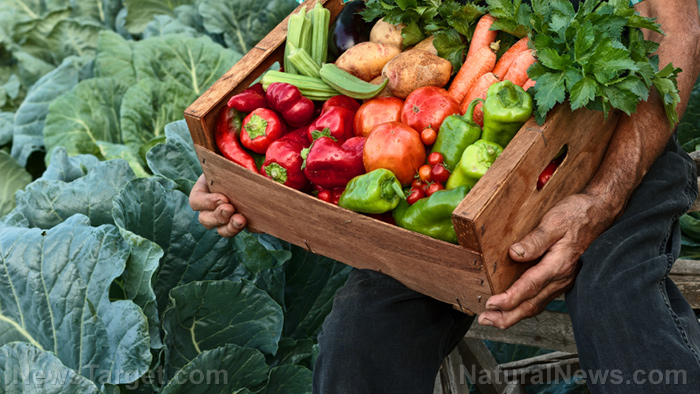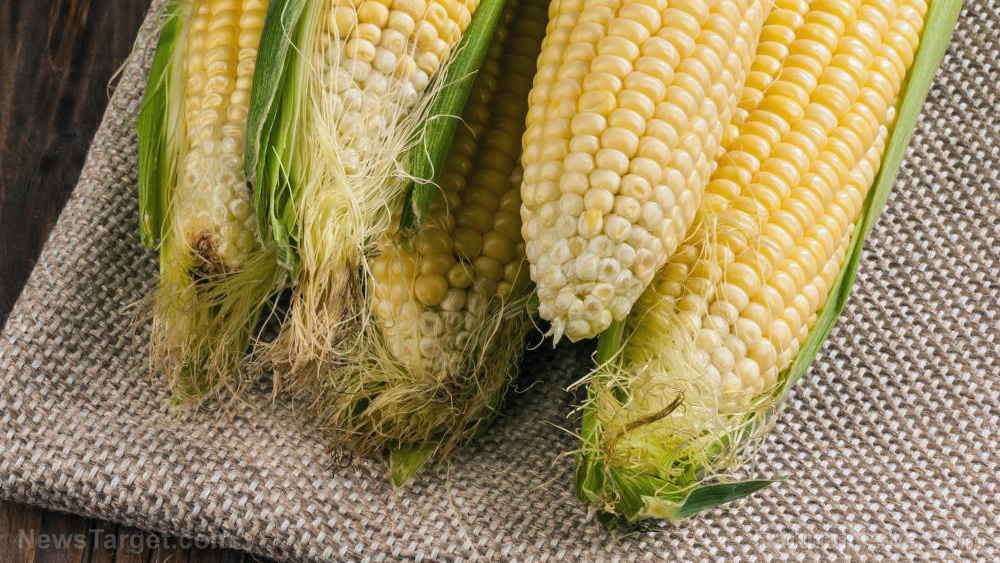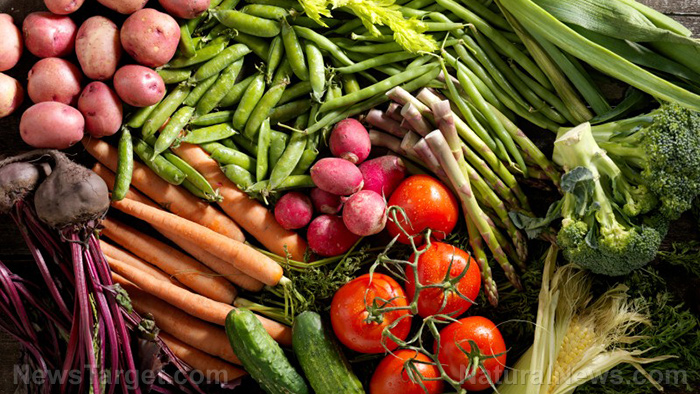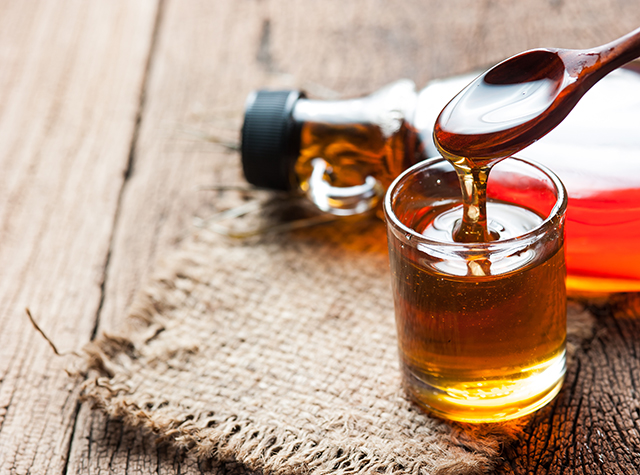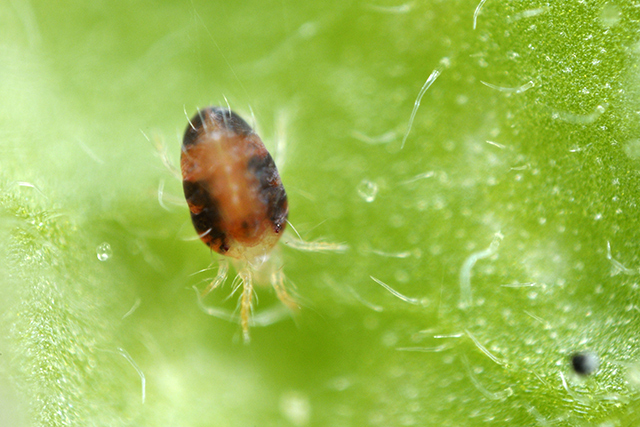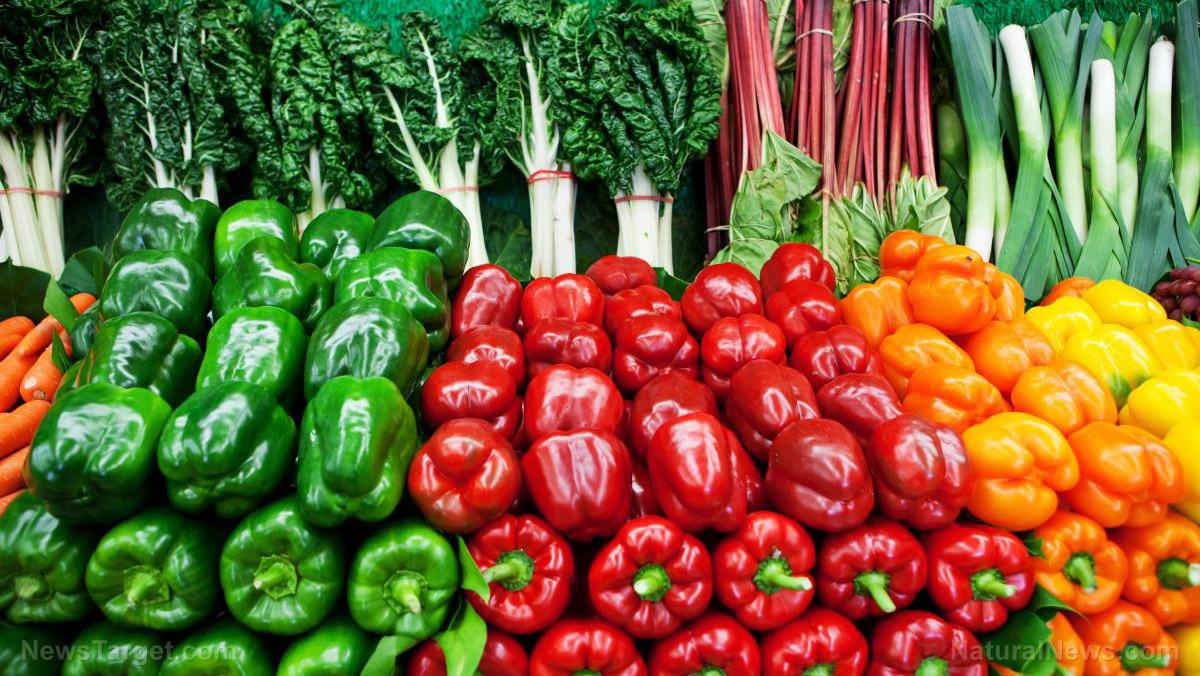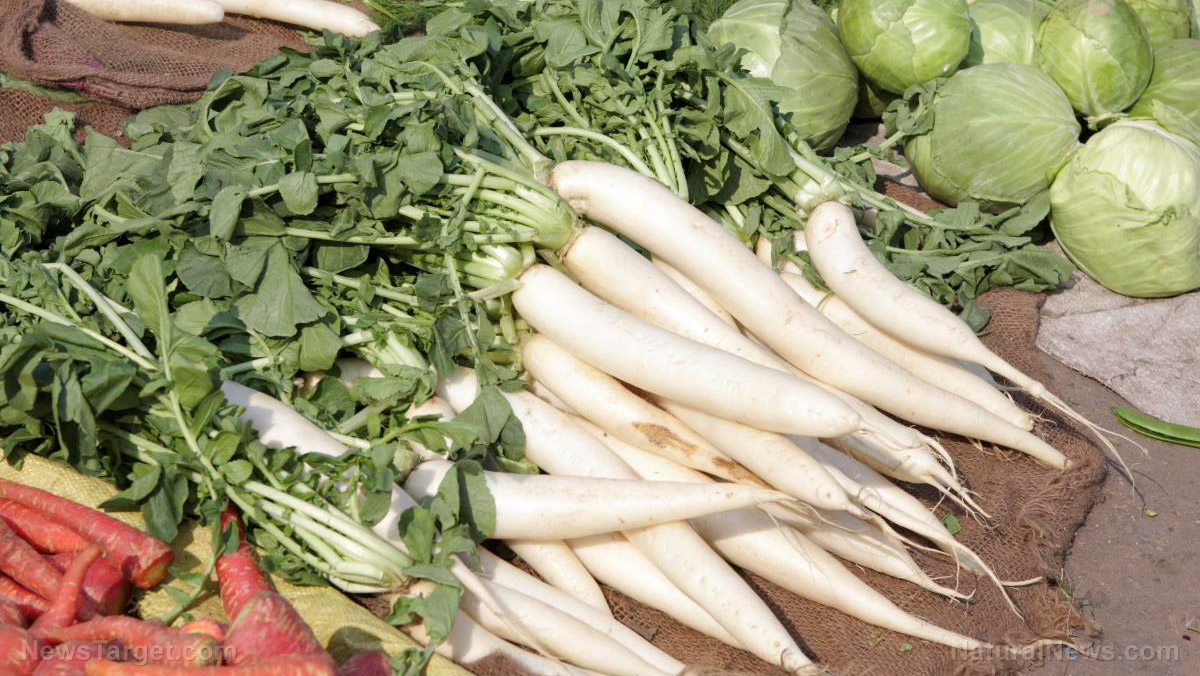Will organic farming ever become mainstream? Maybe not in the way we expect
08/09/2018 / By Edsel Cook
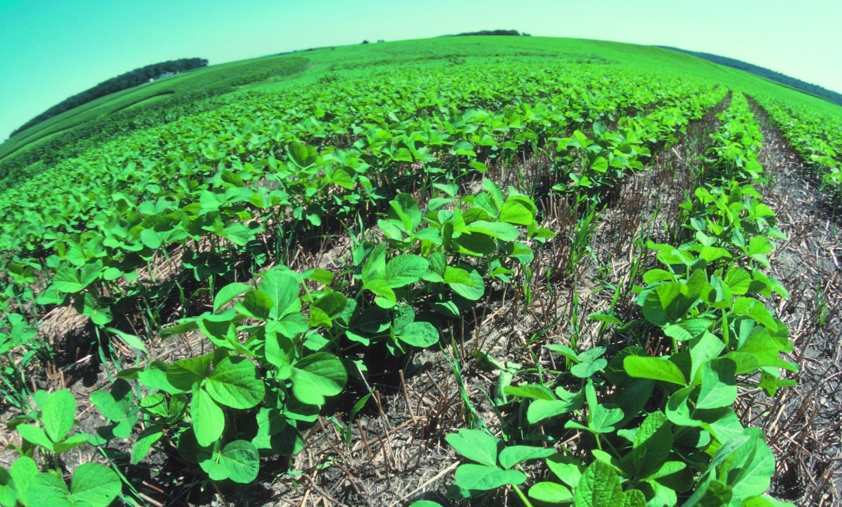
The agricultural world appears to be switching around. Even as increasingly profitable organic farming is beginning to take on certain unpleasant economic aspects of conventional agriculture, the latter is likewise starting to adopt healthier and more natural farming practices, an article in Eco Watch reported.
The switch-over is startling. For example, organic farms are starting to plant just one popular type of crop in an area to maximize their profits while some conventional farms are sowing different kinds of crops to improve local biodiversity.
This has led proponents of sustainable agriculture to criticize the organics movement as “Big Organics.” They believe organic farming has betrayed its original objective of providing a different way to produce food once it became a big industry and got a taste of the profits that Big Conventional has been enjoying these past decades.
At the same time, conventional farming is absorbing some of the practices of its organic competition. Farmers are reducing their use of artificial chemicals like pesticides and fertilizers, cutting back on tilling, and actively preserving soil quality.
So while organic farms are starting to look like huge, output-driven industries, conventional farms are slowly but surely turning into more natural affairs.
In 2016, Indiana farmers started using cover crops in their conventional farms. Cover crops are non-commercial plants that improve the quality of the soil and the agricultural ecosystem.
Planting cover crops can reduce the amount of artificial fertilizer needed for the soil. The practice comes from organic agriculture.
Organic farming started out small. However, its practices can be adopted and scaled up to farms that cover hundreds or even thousands of acres.
The growth of organic agriculture did not escape the eyes of conventional farmers. Many have adopted organic practices on their conventional fields, while some even became full-fledged organic farmers. (Related: Organic farming found to eliminate plant parasites longer than conventional chemical pesticides.)
Big Canadian farm operations are now using organic farming techniques
The influence of organic agriculture is much bigger than its actual share of the market. Organic farming in Canada, for instance, enjoys an annual growth rate of 10 percent, boasts a total value of $5.4 billion, and occupies 2.43 million acres of land.
But it remains far smaller than the conventional farming sector. Its more than 4,000 farms make up only 1.5 percent of the total farmlands in Canada.
Yet more and more of the far bigger and more numerous conventional farms are setting aside space for certified organic zones. The “split production” lets farmers figure out organic practices, test the waters of the organic produce market, and compensate for the yield problems of fully organic farms.
Eventually, the organic practices on the certified zones prove themselves effective enough that the farmers start applying the techniques on the conventional parts of their farm
Kroeker Farms/PoplarGrove is one such convert to organic practices. It is the biggest organic vegetable producer in Canada with 20,000 acres of conventional farmland and 4,800 acres of organic fields.
While it is still a conventional operation, Kroeker Farms has been using many organic farming techniques. They use a combination of cover crops, compost, and manure instead of artificial fertilizer; they swapped out tillage for crop rotations and pollinators, and they employ organic-type pesticides and biological control agents instead of synthetic pesticides.
Other conventional Canadian farming operations are using fall rye as an organic cover crop or have adopted the practice of mechanical tine weeding instead of using dangerous chemical herbicides. So even as Big Organics is slowly becoming a thing, Big Conventional farming is beginning to look rather organic.
You can learn more about organic farming practices more at Harvest.news.
Sources include:
Tagged Under: agriculture, Big Organics, conventional farming, cover crops, herbicides, organic crop rotation, organic farming, organic farms, organics

